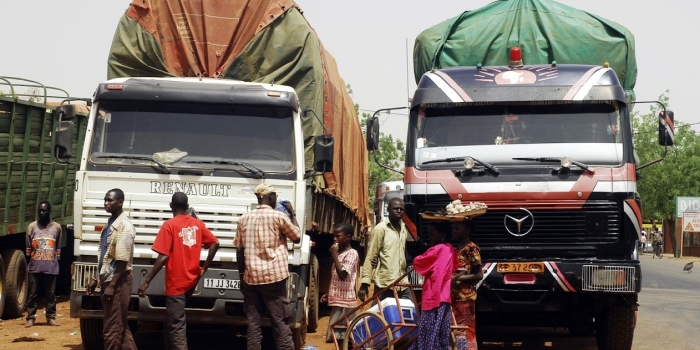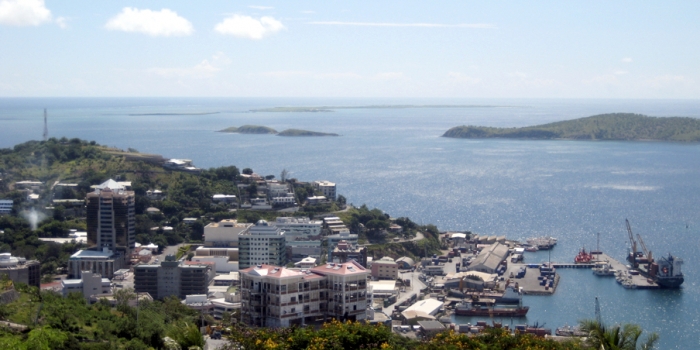Cross-border trade is not a new phenomenon in West Africa. What are the major changes that made it evolve over time? And which barriers still hinder its development?
The signature of the agreement establishing the Continental Free Trade Area by forty-four African countries on 21 March 2018 in Kigali has revitalised talks on the issues surrounding cross-border trade in Africa in general, and in regional economic communities in particular. This renewed interest must be linked to one of the commitments made in the declaration adopted by African Union Heads of State in Malabo in 2014 – to triple the value of intra-African commercial trade by 2025. The experience of the Economic Community of West-African States, where the value of intra-community exchange is struggling to pass 12 percent of the region's commercial transactions – despite a trade liberalisation scheme that has been in place since 2003 – suggests, however, that the prevailing optimism should be tempered. Cross-border trade in particular, despite the qualitative changes that it has undergone over the last fifty years, still faces many obstacles that prevent it from fully fulfilling the role it is expected to play as a catalyst for growth and development in the region.
Read Full Article: Link
Topics: TRADE FACILITATION REGIONAL INTEGRATION
Regions: AFRICA
Authors: BIO GOURA SOULE


